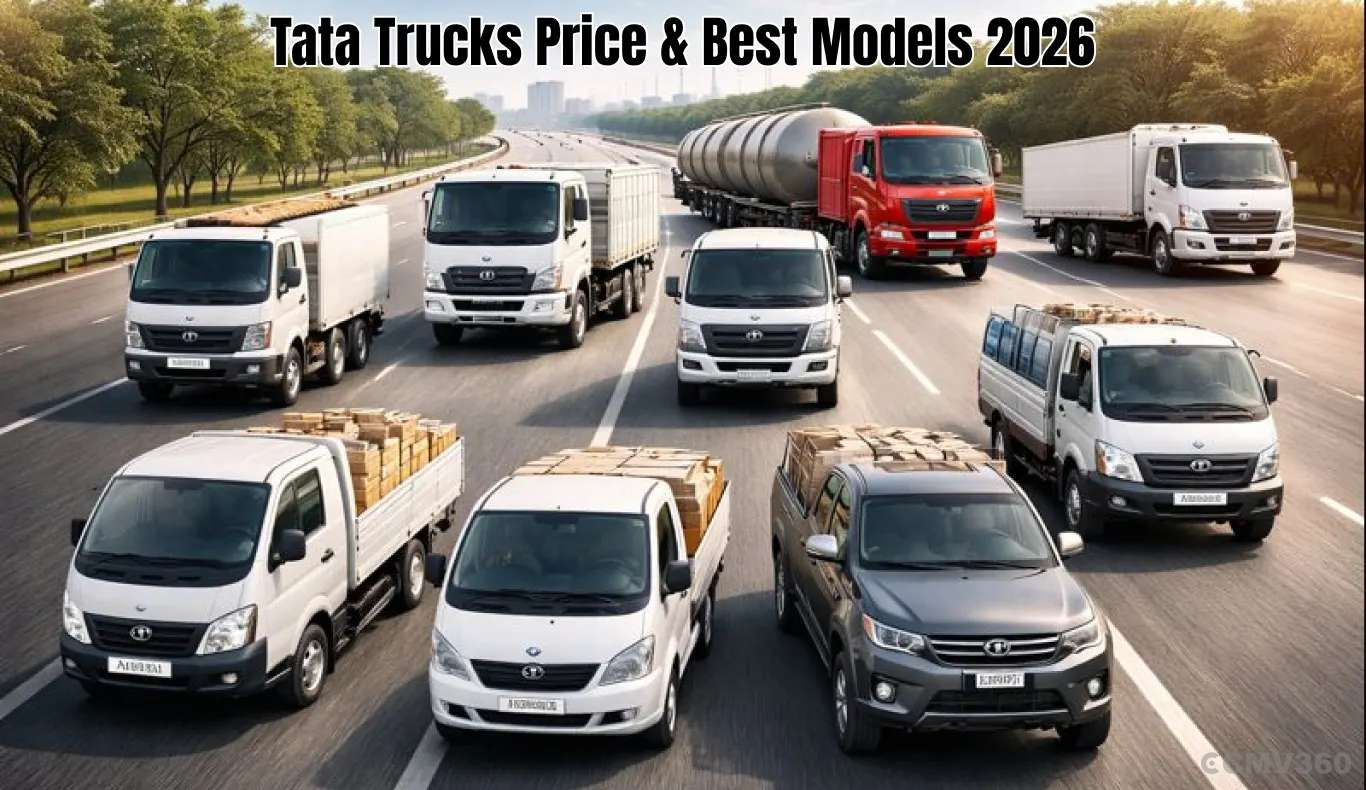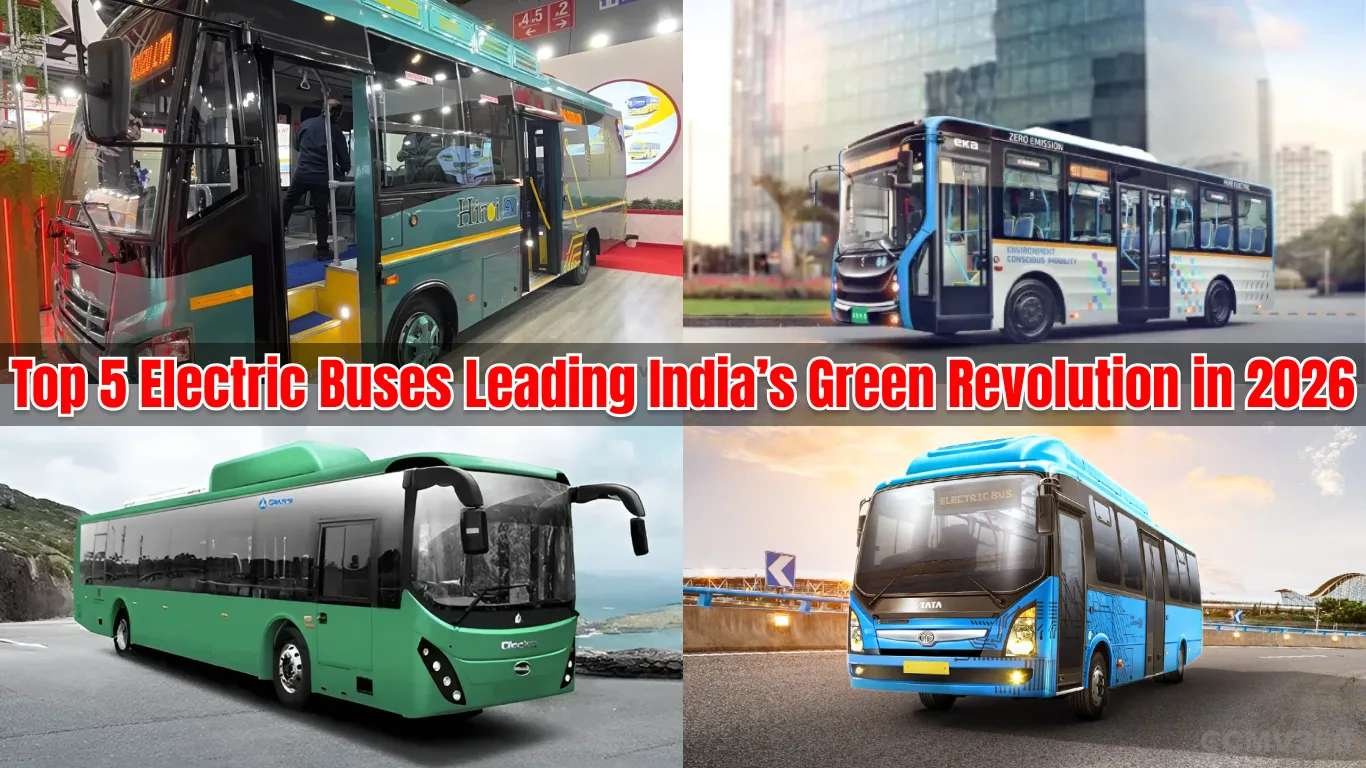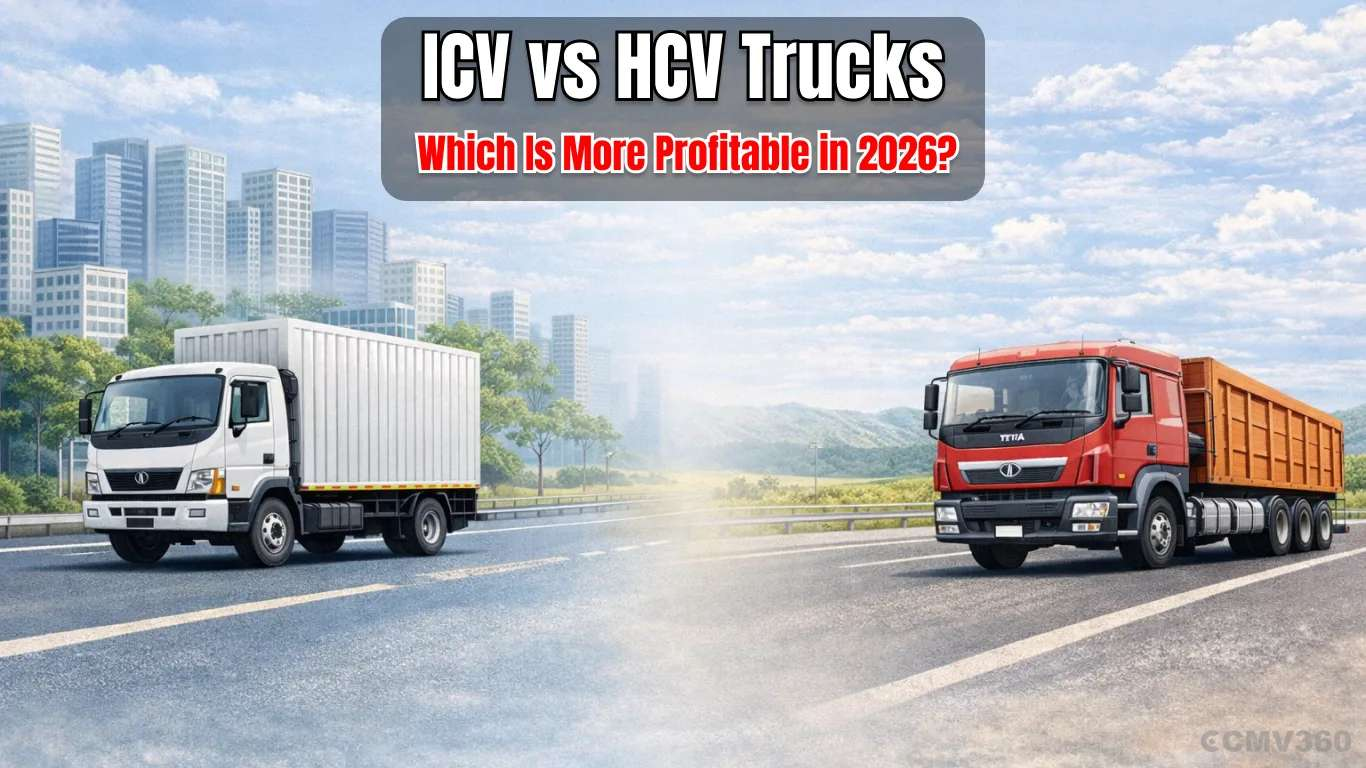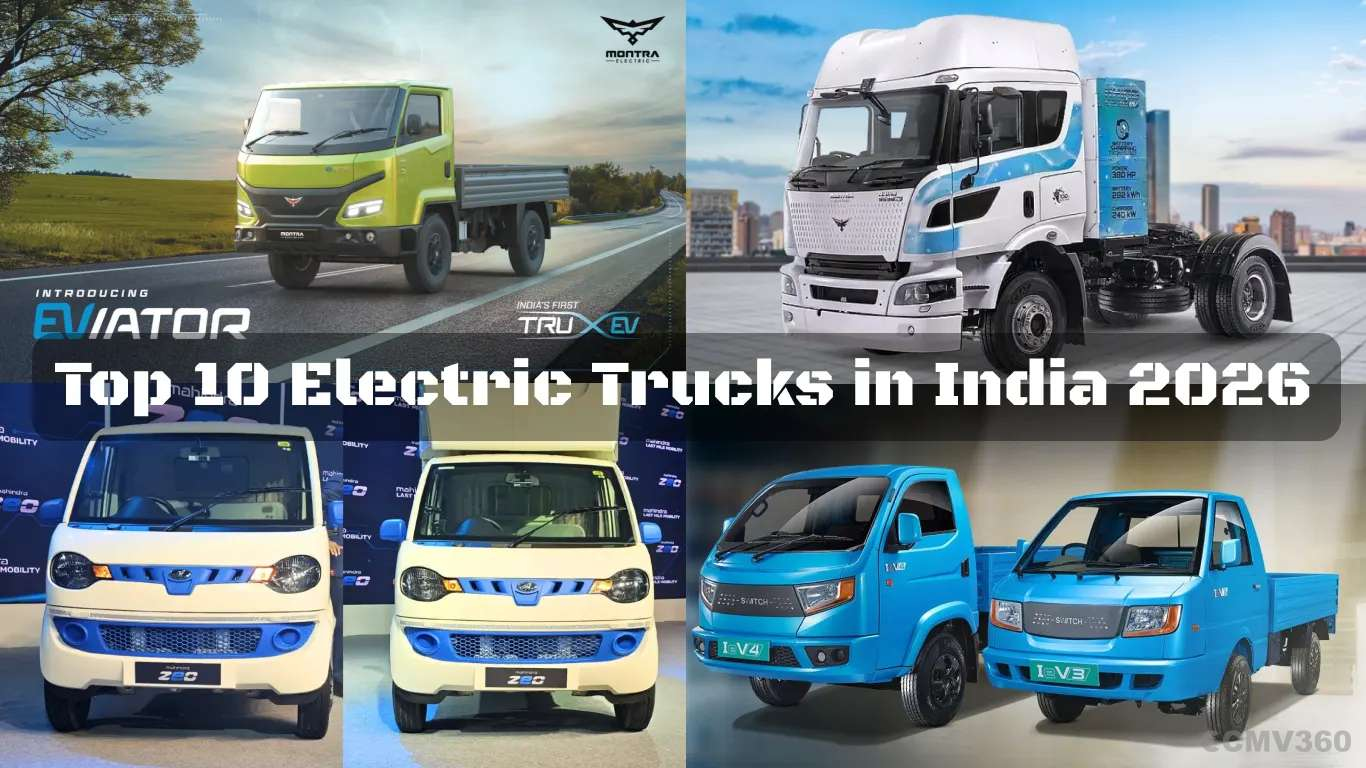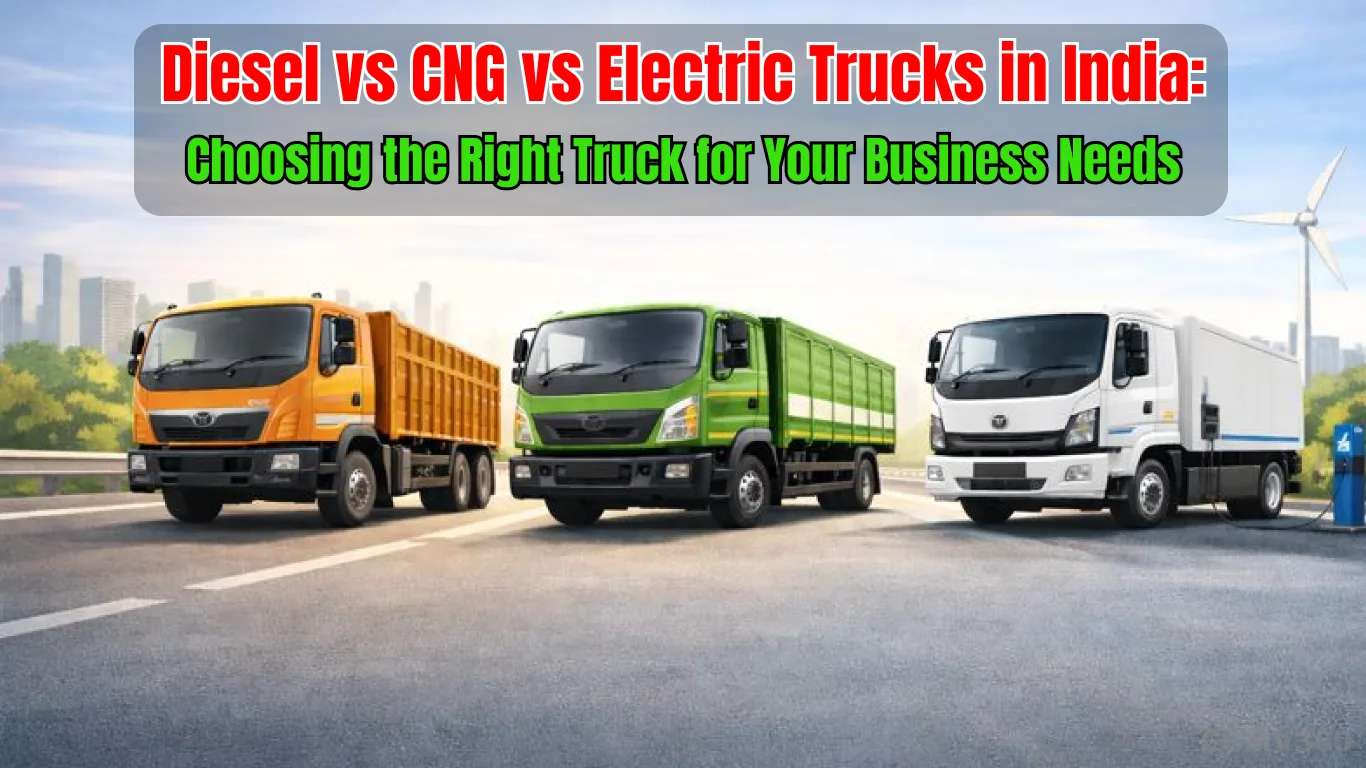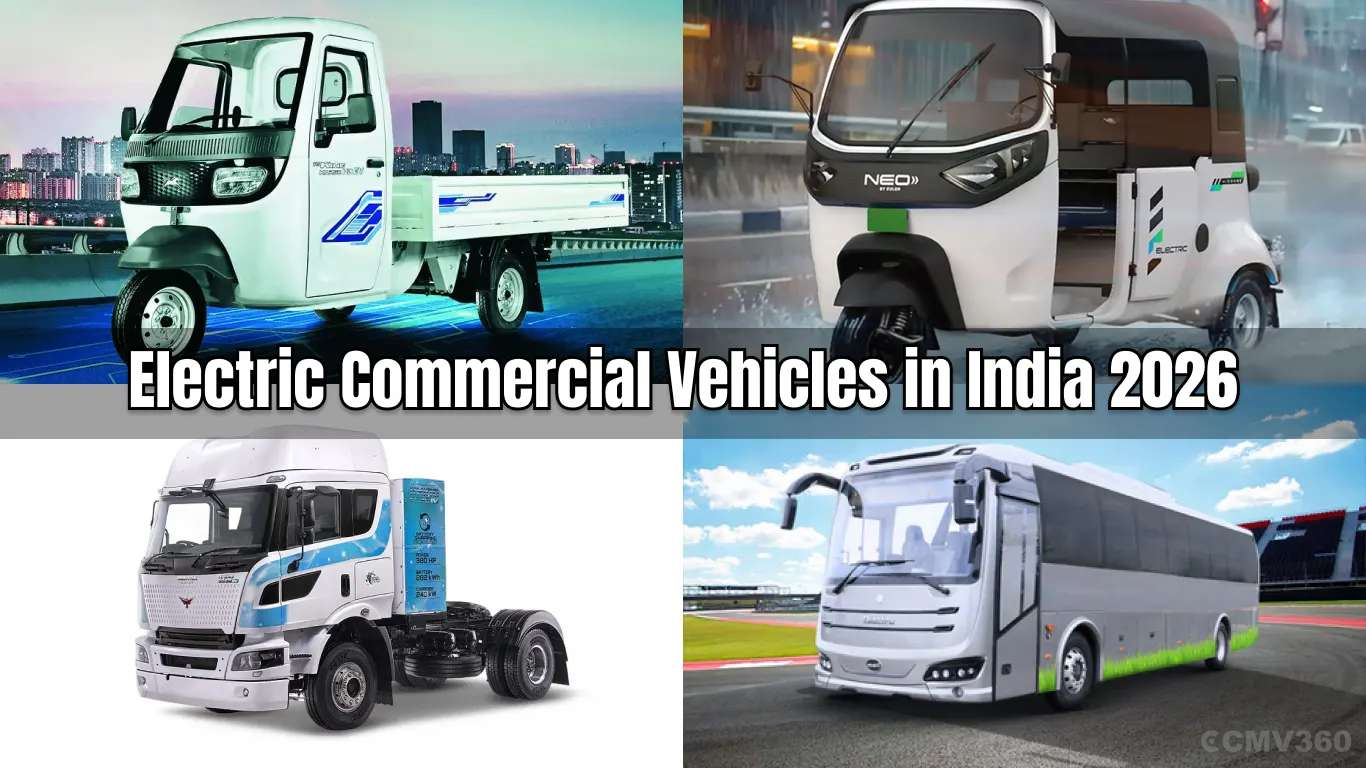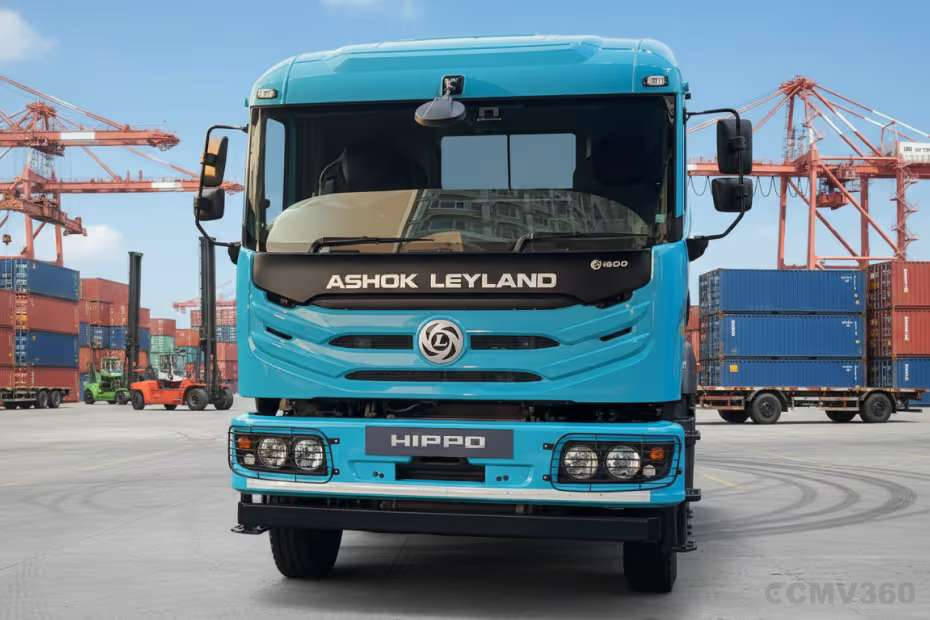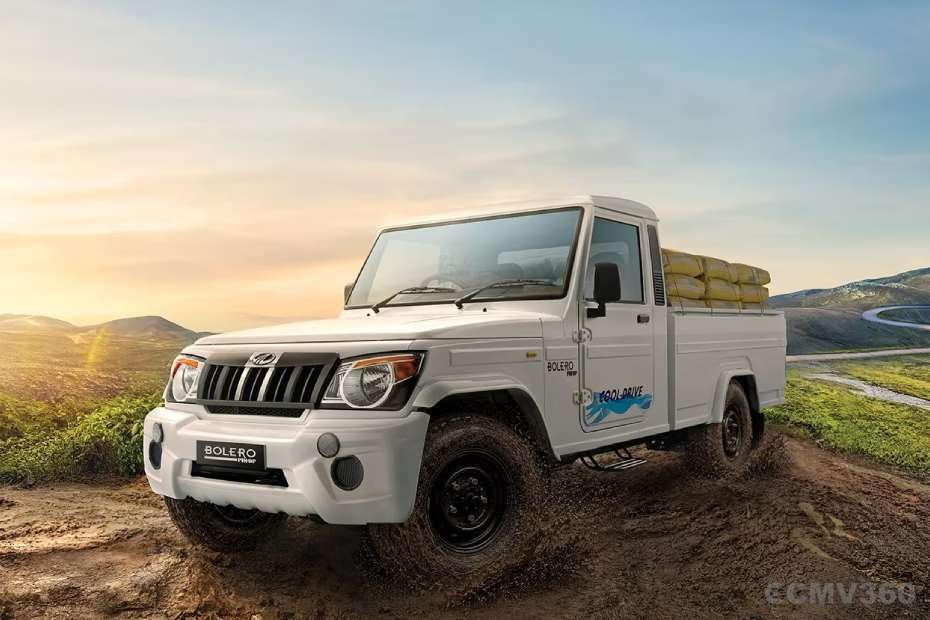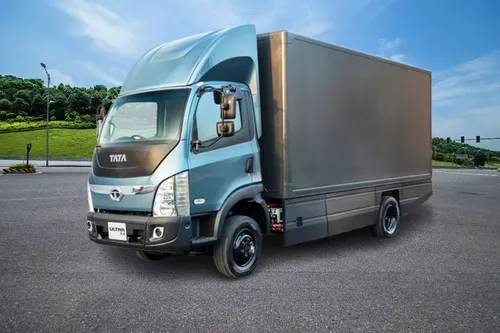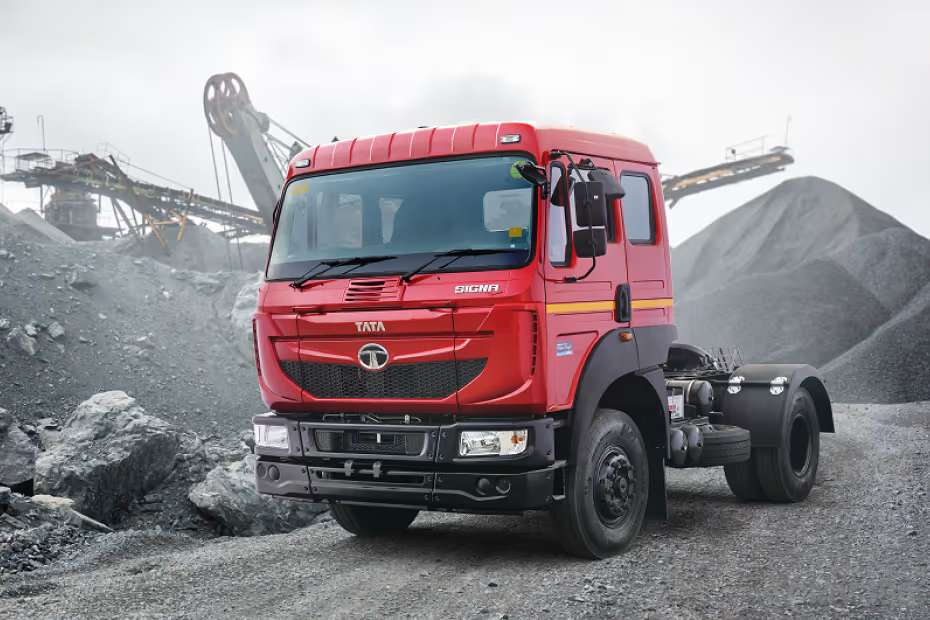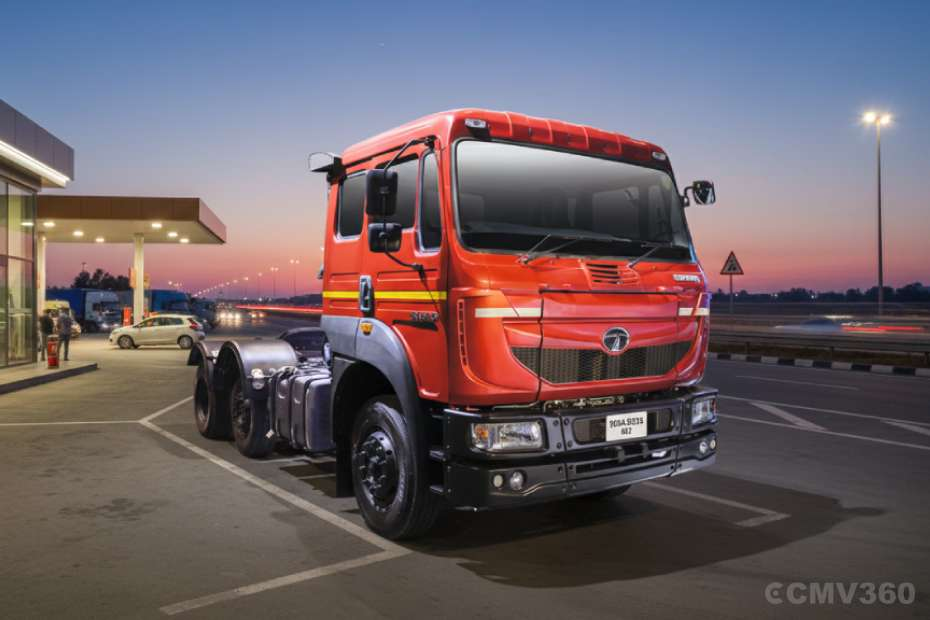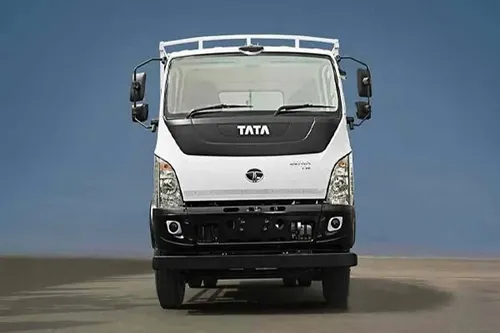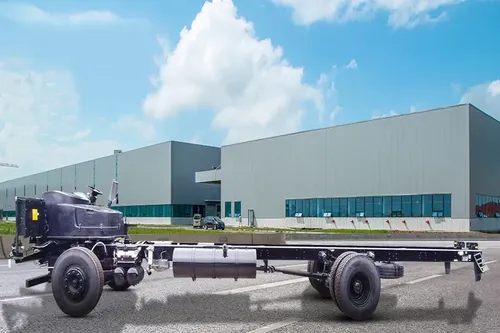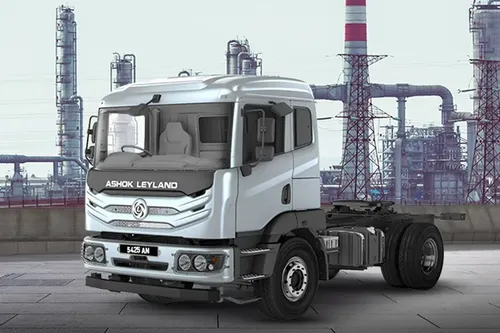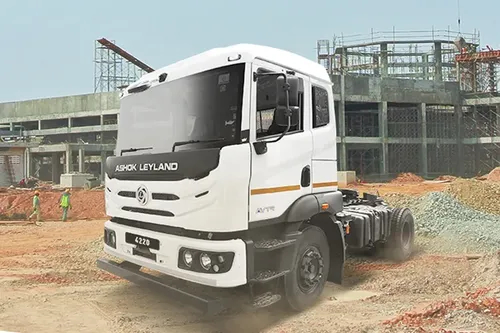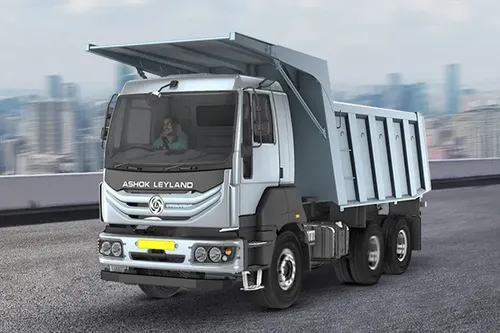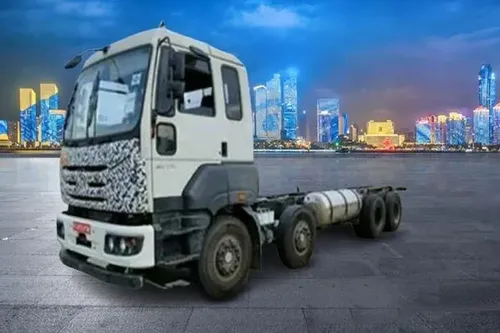Ad
Ad
From Diesel to Electric: Delhi Orders Fleet Owners To Go Electric By 2030
Are you planning to switch from conventional vehicles to electric vehicles? CMV360 is your go-to place! Here, you would get advice on Tractors, Three Wheelers, Tyres And Trucks. CMV360 also provides a comparison between the products, which would give clarifications on which product suits you the most and your budget as well

In a bold move towards sustainable transportation, the Delhi government has announced a mandate requiring fleet owners to transition to electric vehicles (EVs) by the year 2030. This ambitious initiative aims to cure air pollution, reduce dependence on fossil fuels, and contribute to the global effort to combat climate change.
The Delhi government has launched a new scheme, 'The Delhi Motor Vehicle Aggregator and Delivery Service Provider Scheme 2023,' requiring all app-based fleet owners to switch entirely to electric vehicles by 2030. This highlights the government's dedication to promoting eco-friendly and sustainable transportation solutions.
Affected Categories
The scheme impacts popular platforms like OLA and Uber, delivery services such as Swiggy and Zomato, and major e-commerce players like Myntra, Flipkart, and Amazon. It specifically targets entities with over 25 vehicles in their fleet, excluding buses, utilizing an app or web portal for consumer services.
Also Read: Top 7 Electric 3-Wheelers in India for 2024
Transition Time Frame
The new rules set a target of 100% introduction of new electric vehicles in aggregators' fleets. For new three-wheeler fleets, the goal is 10% electrification within six months, reaching 50% in two years, and ultimately hitting 100% in four years. Similarly, delivery service providers aim for 10%, 50%, and 100% electrification in two-wheelers and three-wheelers within similar time frames.
As fleet owners consider converting their entire fleet to electric, the question arises: Is this a cost concern or an opportunity?
Cost Concerns
The primary concern among fleet owners is the initial investment required to replace conventional vehicles with electric vehicles. The upfront cost of electric vehicles, particularly commercial ones, tends to be higher than their traditional counterparts. Battery technology, a crucial component of EVs, still accounts for a significant portion of the overall cost.
Additionally, concerns about the charging infrastructure and range anxiety further contribute to the financial burden. Fleet owners worry about the practicality of electric vehicles in terms of range, especially for long-haul transportation, and the availability of charging stations to meet the demands of a bustling city like Delhi.
Benefits of the Electric Vehicles
However, it's essential to consider the long-term benefits and potential cost savings associated with electric fleets. Electric vehicles have lower operational costs, require less maintenance, and benefit from government incentives and subsidies. Over the lifespan of the vehicles, these factors could offset the initial investment, making them economically viable in the long run.
Income Opportunities
Despite the worries, the mandate provides a huge revenue opportunity for fleet owners. The transition to electric vehicles aligns with the growing global trend towards sustainable practices, and businesses that embrace this shift can position themselves as environmentally responsible and forward-thinking.
The move towards electrification is not just a regulatory requirement; it also reflects changing consumer preferences. With increasing awareness about climate change and pollution, consumers are more likely to choose services that prioritize sustainability. Fleet owners who transition to electric vehicles can tap into a growing market segment of environmentally conscious consumers, potentially boosting their business and brand reputation.
Moreover, the government has introduced various incentives, including subsidies, tax benefits, and preferential treatment, to support the adoption of electric vehicles. Fleet owners stand to benefit from these initiatives, reducing their overall operational costs and enhancing their competitive edge in the market.
Smooth Shift to Electric with CMV360
Are you planning to switch from conventional vehicles to electric vehicles? CMV360 is your go-to place! Here, you would get advice on Tractors, Three Wheelers, Tyres And Trucks.
CMV360 also provides a comparison between the products, which would give clarifications on which product suits you the most and your budget as well. Make the move to electric with cmv360—simple, convenient, and backed by exclusive benefits!
Also Read: Electric Auto-Rickshaws: Benefits of Electric Auto-Rickshaw Charging Infrastructure
Conclusion
While the Delhi mandate to transition fleet owners to electric vehicles by 2030 raises legitimate concerns about costs and infrastructure, it also opens up significant income opportunities. The shift towards sustainability is inevitable, and businesses that proactively adapt to this change can not only comply with regulations but also thrive in a market that increasingly values environmentally friendly practices.
The key is to carefully assess the long-term benefits, take use of existing incentives, and highlight the change as a strategic move toward a greener and more prosperous future.
Features & Articles
Tata Trucks Price & Best Models 2026
Explore Tata Trucks Price India 2026 with detailed specs, payload, mileage, and features. Compare top Tata truck models, latest launches, and best options for business an...
03-Feb-26 01:08 PM
Read Full NewsTop 5 Electric Buses Leading India’s Green Revolution in 2026
Explore top electric buses in India 2026 with prices, range, features, and comparison of Switch, Tata, EKA, Olectra, and SML electric buses....
30-Jan-26 10:47 AM
Read Full NewsICV vs HCV Trucks: Which Is More Profitable in 2026?
ICV vs HCV trucks in 2026 explained with costs, mileage, ROI, maintenance, and profitability. A simple guide for Indian fleet owners to choose the most profitable truck t...
27-Jan-26 11:52 AM
Read Full NewsTop 10 Electric Trucks in India 2026: Price, Range, & Payload
Explore the top 10 electric trucks in India 2026 with prices, range, payload, and features....
22-Jan-26 09:17 AM
Read Full NewsDiesel vs CNG vs Electric Trucks in India 2026: Choosing the Right Truck for Your Business Needs
Compare diesel, CNG, and electric trucks in India. Understand costs, performance, and business suitability to choose the right truck for long-haul, city logistics, or eco...
21-Jan-26 11:12 AM
Read Full NewsElectric Commercial Vehicles in India 2026: Complete Guide to Electric Trucks, Buses, and Three Wheelers with Prices
Electric Commercial Vehicles in India 2026 explained with latest electric truck, bus, and three wheeler prices, features, range, and logistics insights, making buying dec...
19-Jan-26 09:52 AM
Read Full NewsAd
Ad
